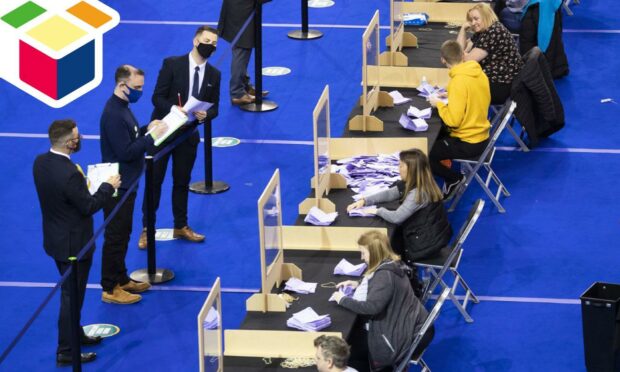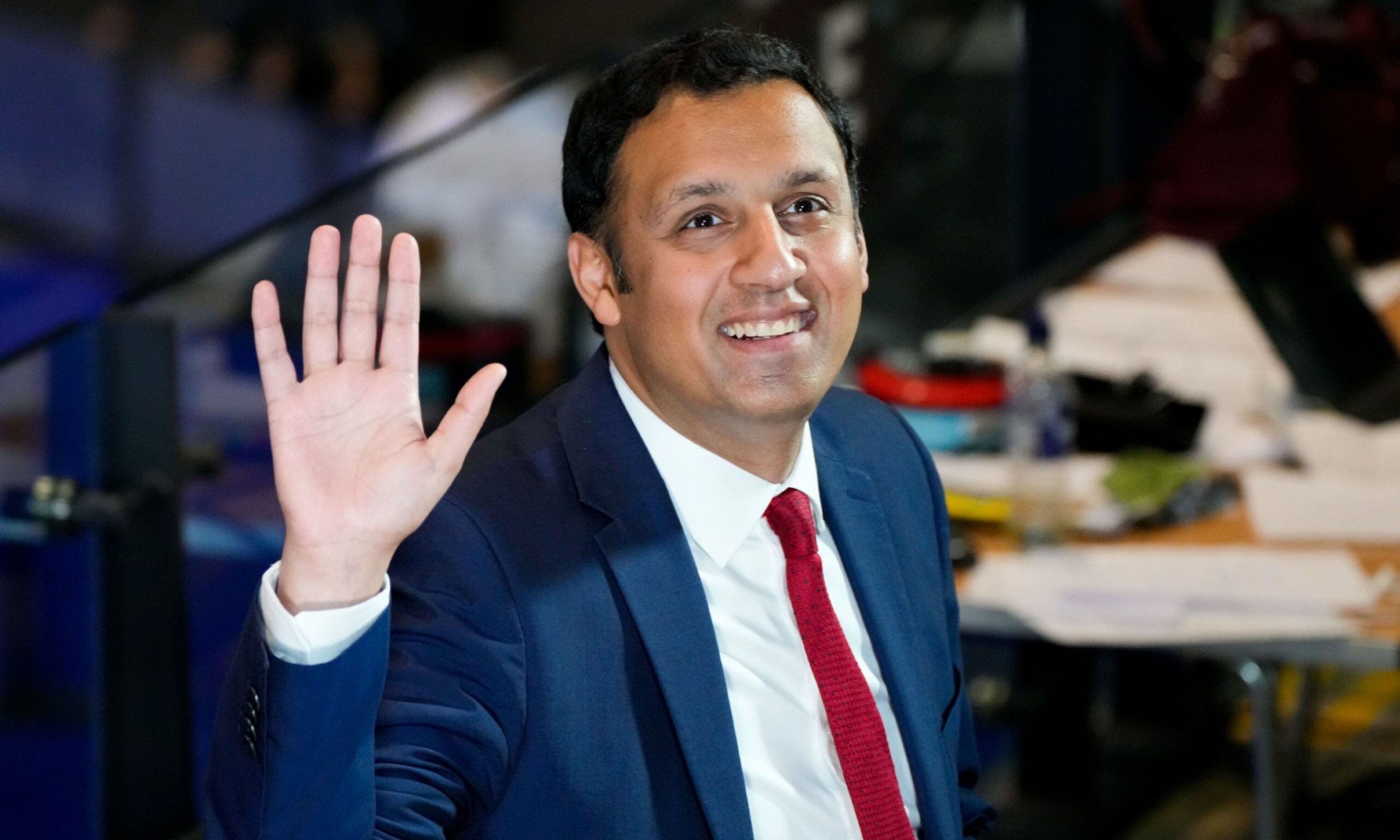Scotland’s newly elected councillors are braced for talks to settle who runs authorities where no overall political party secured a majority in Friday’s election results.
Nearly all of the country’s 32 local councils ended with no overall control in some tight make-or-break contests.
It means local politicians will need to work together to form coalitions or agree on minority administrations.
The SNP again emerged as the country’s largest party overall as they gained seats, while the Tory vote plummeted in most areas.
Recap on our election live blog HERE
Unionist rivals and independent politicians may try to lock the SNP out of power in areas where they won the most seats.
The nationalists emerged as the biggest party in more than a dozen local authorities including Aberdeen, but are not guaranteed to end up in government in some of them.
Power-sharing
However, attempts to keep them out could be hampered by Anas Sarwar’s insistence Labour will strike no formal coalition deals with other parties.
Controversially, Labour councillors reached an agreement to work with the Tories in Aberdeen five years ago, despite the SNP winning the most seats locally.
They are also in power-sharing agreements with Nicola Sturgeon’s party in several local councils.
The Conservatives lost several seats in Aberdeen, which means they will struggle to form part of the next administration.
What does it mean for national leaders?
It was a successful day for Mr Sarwar, as his party made gains on their disastrous 2017 showing and overtook the Conservatives.
He insisted that Labour was “back on the pitch” and set his sights on the SNP going forward.
The Scottish Greens and Lib Dems also made significant gains and could prove to be key players in councils where the vote was split.
The Lib Dems picked up five more councillors in Highland, while the Greens gained three.
Patrick Harvie and Lorna Slater’s party also won their first ever council seat in Moray.
Partygate
Douglas Ross admitted the partygate scandal hurt his party as he urged Boris Johnson to listen to the anger of voters.
He said many Tory supporters had chosen to stay home due to their fury over the prime minister breaking lockdown rules.
However, there were some glimmers of hope for Mr Ross in both Moray and Aberdeenshire where his party’s vote held up well.
The Conservatives managed to gain three seats in Aberdeenshire, while in Moray they recorded their strongest ever performance.
Who won the council elections?
- Aberdeen: SNP minority of 20 out of 45 seats
- Aberdeenshire: Conservative minority of 26 out of 70 seats
- Argyll and Bute: SNP minority of 12 out of 36 seats
- Highland: SNP minority of 22 out of 74 seats
- Moray: Conservative minority of 11 out of 26 seats
- Orkney: Independent majority
- Shetland: Independent majority
- Western Isles: Independent majority

